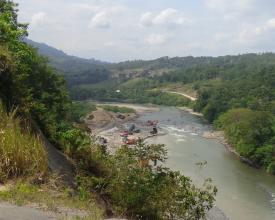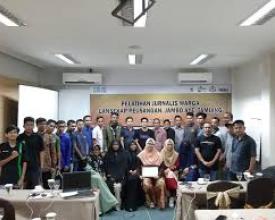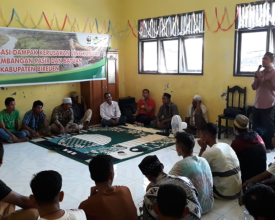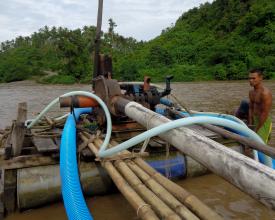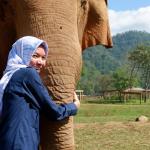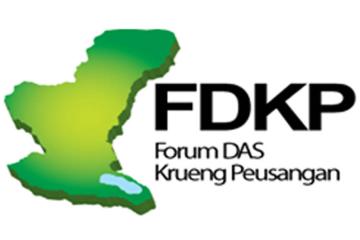
Extracción responsable de recursos naturales mediante la participación de la comunidad y el compromiso empresarial en la cuenca de Peusangan
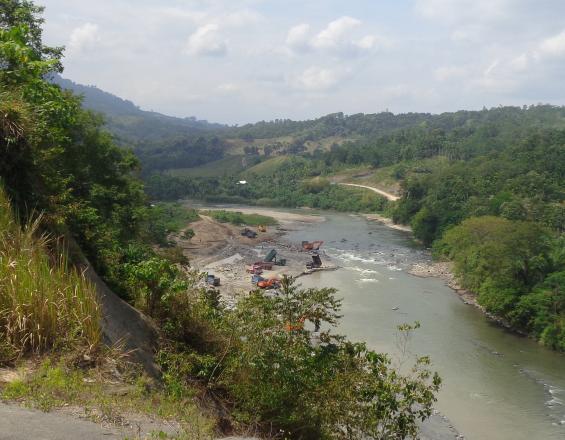
La cuenca de Peusangan posee abundantes recursos naturales y sustenta los medios de vida de más de 180.000 comunidades locales. Se ha visto amenazada por negocios destructivos como la extracción de arena y grava. A lo largo del río Krueng Peusangan hay cientos de actividades ilegales de extracción. Esto ha provocado frecuentes inundaciones, graves daños en la ribera y una disminución de la calidad del agua. También contribuye a aumentar los conflictos entre humanos y elefantes en los pueblos de los alrededores.
WWF Indonesia trabajó con el Foro de la Cuenca del Peusangan para mejorar su situación actual reforzando las capacidades de la población local. Tras concienciar a los líderes consuetudinarios sobre la normativa minera, trabajaron codo con codo con nosotros para implicar a los propietarios de las empresas. A nivel de base, se forma a las comunidades locales para que envíen información y fotografías a una agencia de noticias en línea. Se les equipa con cámaras, manuales de redacción y habilidades para captar imágenes y escribir artículos sobre prácticas irresponsables.
Impactos
Gracias a la singular pero sólida sabiduría local, la población trabaja ahora codo con codo con el gobierno y las empresas para garantizar el suministro de agua dulce. Más de 25 comunidades locales envían regularmente fotos y artículos a una agencia de noticias en línea. Sorprendentemente, el gobierno reacciona más rápido para mejorar la aplicación de la ley y revisar los planes espaciales de los distritos, donde habrá una zonificación específica para la extracción sostenible de arena y grava. Con la zonificación, es más fácil controlar las actividades ilegales y garantizar que los propietarios de negocios legales cumplan con su licencia.
Con la presión "multipuertas", 40 empresas mineras cumplieron las recomendaciones de la Oficina de Inversiones del distrito de Bireuen en 2019. La recomendación exige determinados documentos para garantizar que la extracción se realiza en un lugar apto y de forma sostenible. La recomendación es necesaria para seguir solicitando licencias a nivel provincial. Se trata de un cambio de comportamiento significativo, ya que ninguno de ellos había adquirido licencias anteriormente.
Además, tres distritos de la cuenca de Peusangan están implantando el ecoturismo, como el rafting, para apoyar los medios de vida alternativos de la comunidad. También forma parte de la concienciación pública para conservar la cuenca. Asimismo, cinco empresas que utilizan el agua del río Krueng Peusangan se han comprometido a pagar servicios medioambientales asignando recursos financieros para restaurar la cuenca.

